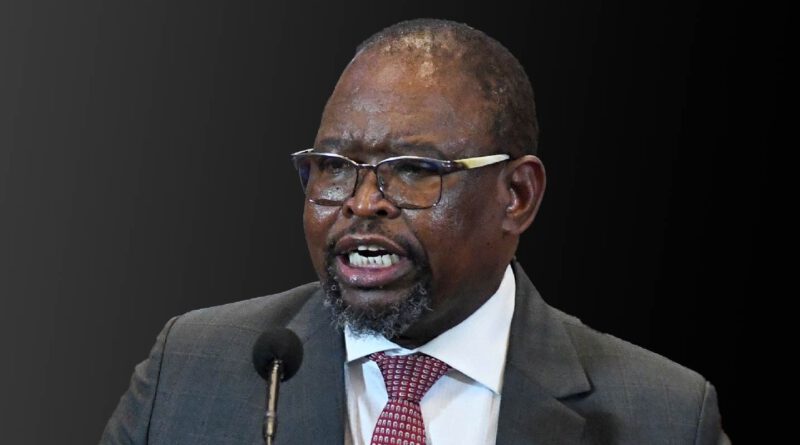Budget: new EV policy incentives – too little, too late?
Government has introduced long-awaited incentives to aid in attracting investment for the local production of electric vehicles. The scheme allows producers of electric and hydrogen vehicles to claim up to 150% of “qualifying investment spending” in the first year.
The announcement, eagerly anticipated by the motoring industry, was made by finance minister Enoch Gondongwana in his 2024 budget speech on Wednesday. But there’s a catch: it will only come into effect in two years’ time.
“The electric vehicles white paper outlines our strategy to transition towards broader new-energy vehicle production and consumption in South Africa, starting with electric vehicles. It aims to transition the automotive industry from primarily producing internal combustion engine vehicles to a dual platform that includes electric vehicles by 2035,” said Godongwana.
Government has set aside R964-million to support the transition to electric vehicles as a supplement to the incentive scheme, but details of how this allocation will be spent are yet to be disclosed.
Delays in the finalisation of the national EV policy have long frustrated industry players, which could not make long-term investment decisions without any certainty about government’s policy direction.
The delays have had a knock-on effect on the economy. Some 110 000 South Africans are employed directly by car manufacturers, which must pivot their production towards new-energy vehicles to keep pace with shifts in global demand. The lag has allowed other African countries, including Egypt and Ethiopia, to overtake South Africa in electric vehicle production.
‘Procrastinated far too long’
“South Africa has procrastinated far too long. We can no longer afford to be silent on policy choices the country should make about the future of this important sector in the economic life of South Africa and her people,” Mikel Mabasa, CEO of the Automotive Business Council (also known as Naamsa) said in a statement after the medium-term budget speech in November. Mabasa could not immediately be reached for comment on Wednesday’s budget speech.
Government’s new incentive is only effective from 1 March 2026 and there are worries that this gap in implementation could give competing markets enough time to steal South Africa’s lunch.
Read: Industry disappointed in delay in EV policy for South Africa
Meanwhile, Godongwana announced that 11c/l will be added to petrol sales in the form of a carbon levy, with 13c/l added to the price of diesel. This will take effect from 3 April.
Godongwana said government is working to reduce load shedding through encouraging private investment in new energy projects, rooftop solar installations and improvements in Eskom’s generation fleet.
 “To support these efforts, we are introducing a new, R2-billion conditional grant over the medium term to fund the roll-out of smart prepaid meters, beginning with municipalities that have been approved for debt relief,” he said. — (c) 2024 NewsCentral Media
“To support these efforts, we are introducing a new, R2-billion conditional grant over the medium term to fund the roll-out of smart prepaid meters, beginning with municipalities that have been approved for debt relief,” he said. — (c) 2024 NewsCentral Media
Get breaking news alerts from TechCentral on WhatsApp
Source: techcentral.co.za



